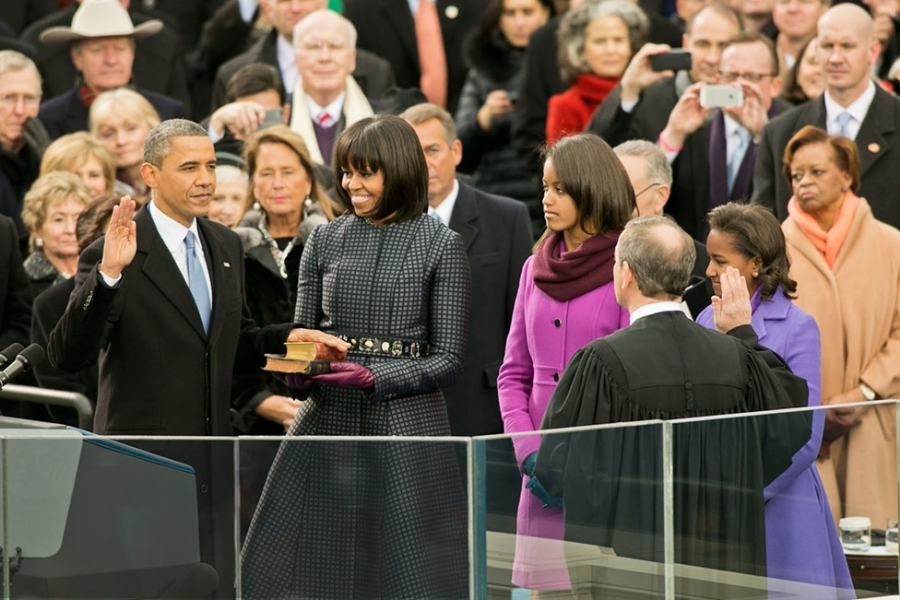On the evening of Tuesday, January 10th, President Barack Obama delivered his farewell address in Chicago. Though not the place where Obama had spent his childhood, Chicago is where he first began his political endeavors, serving as a community organizer and, eventually, as a senator for the state of Illinois. The choice of venue hints at Obama's post-presidency plans: returning to grassroots, community-oriented politics to create progressive change.
In his farewell speech, Obama emphasized the necessity of resisting what the Trump administration stands for. The common good, he argued, was greater than partisan politics. "Understand, democracy does not require uniformity. Our founders quarreled and compromised, and expected us to do the same. But they knew that democracy does require a basic sense of solidarity-the idea that for all our outward differences, we are all in this together; that we rise or fall as one." Throughout his presidency, President Obama had been repeatedly criticized by political opponents for his divisiveness-however, Obama consistently pushed for unity during his eight years in office.

Many of Obama's policies throughout his two terms have reflected that he firmly has fought to "embrace all, and not just some." The Affordable Care Act, also known as Obamacare, was a defining feature of his presidency. He sought to make healthcare accessible to all Americans, not just a privilege for those with the necessary funds. Pivotal changes under the ACA included: the expansion of Medicaid, which provides healthcare for senior citizens; allowing individuals with preexisting medical conditions to purchase health insurance; coverage for children on their parents' insurance up until the age of 26; and forcing insurance providers to justify premium increases of 10 percent or more.
President Obama also fought valiantly for the rights of marginalized communities, including women, the LGBTQ+ community, and communities of color. In 2015, under Obama's watch, the Supreme Court ruled that state-level bans on same-sex marriages were unconstitutional. He often spoke out about the wage gap between working women and working men in the United States: on average, women receive 77 cents for every dollar a man makes. Obama's legacy as the first African American president, an earth-shattering moment in American history, will continue to inspire young people of color. Over 2 million people attended President Obama's first inauguration back in 2009.

What will perhaps be the most memorable aspect of Obama's presidency was his character. His intelligence and charisma garnered international respect and bolstered America's reputation after a humiliating 8 years under the presidency of George W. Bush. The Obama family was free of scandal during their time in the White House, and they handled racially charged criticism of themselves and their children with dignity; instead of lashing out, they hoped to educate. President Obama understood that he was a public servant to all Americans, not just those who supported him. He worked with an extremely divisive Congress, who blocked over 500 bills, refused to confirm Obama's Supreme Court nominee, and outright refused to work with the president.
It is difficult to determine what aspects of Obama's legacy will survive under President Trump, however. Within just a few hours of being sworn in, Trump's transition team gutted the White House website, removing all policies Obama worked towards, including Climate Change, LGBTQ+ rights, Civil Rights, and Healthcare. Within 24 hours of taking office, Trump signed an executive order aimed at dismantling Obamacare despite not yet having a replacement plan developed. This is only the tip of the iceberg.
As Obama said in his farewell letter to Americans: "All of us, regardless of party, should throw ourselves that work -- the joyous work of citizenship. Not just when there's an election, not when our own narrow interest is at stake, but over the full span of a lifetime. I'll be right there with you every step of the way. And when the arc of progress seems slow, remember: America is not the project of any one person. The single most powerful word in our democracy is 'We.' 'We the people.' 'We shall overcome.' Yes, we can."














